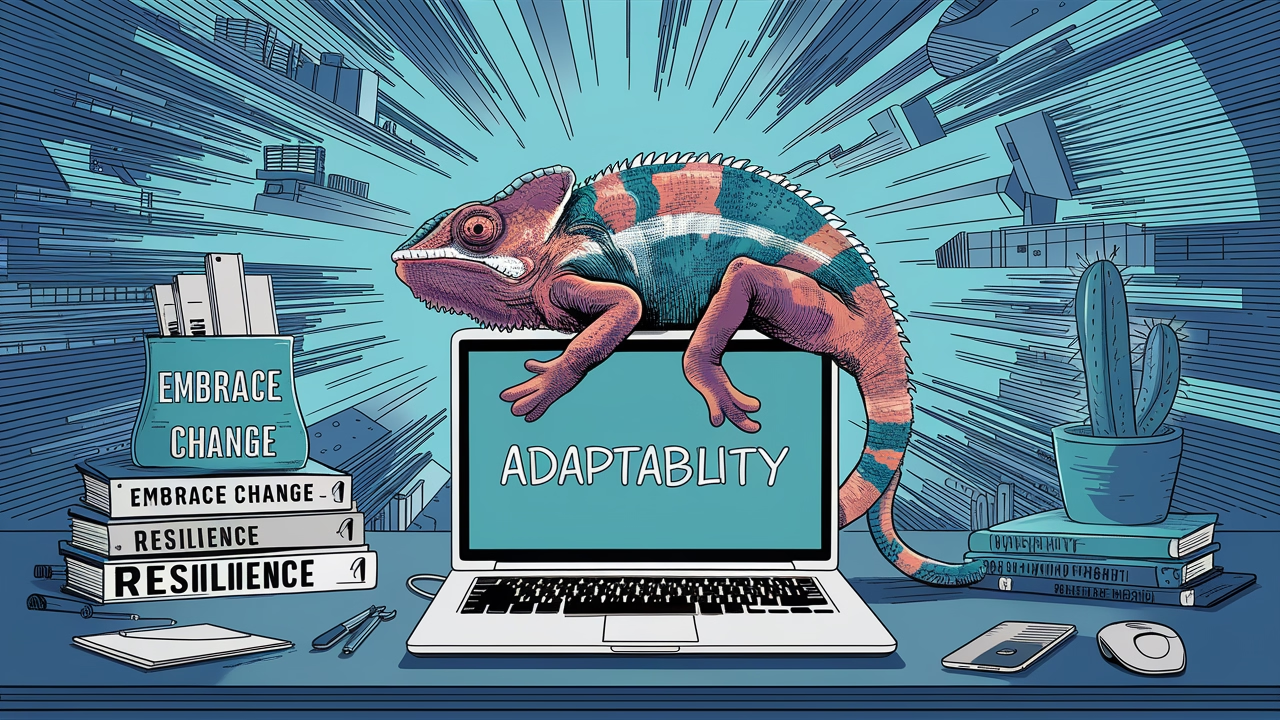In a world where change is constant and unpredictability is the norm, adaptability emerges as a crucial trait for success and fulfillment. From navigating the complexities of the modern workplace to fostering healthy relationships and personal growth, being adaptable can make all the difference. Let’s explore what adaptability truly means and how it influences various aspects of our lives.

Table of Contents
ToggleIntroduction to Adaptability
Adaptability is the ability to adjust to new conditions and circumstances. It encompasses being flexible, resilient, and open-minded in the face of change. Whether it’s a sudden shift in career paths, a challenging personal situation, or an unexpected turn of events, adaptable individuals can effectively respond and thrive.
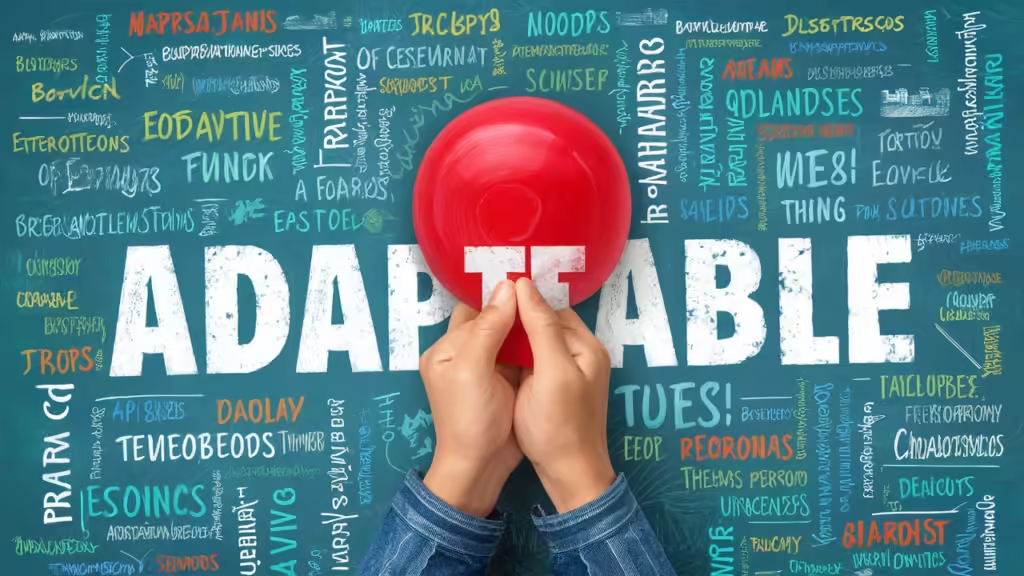
Characteristics of an Adaptable Person
An adaptable person possesses several key traits that enable them to navigate change smoothly. They are flexible, able to bend without breaking when faced with adversity. Additionally, they exhibit resilience, bouncing back from setbacks stronger than before. Open-mindedness is another essential characteristic, as it allows them to embrace new ideas and perspectives. Finally, adaptable individuals are skilled problem-solvers, adept at finding creative solutions to challenges.
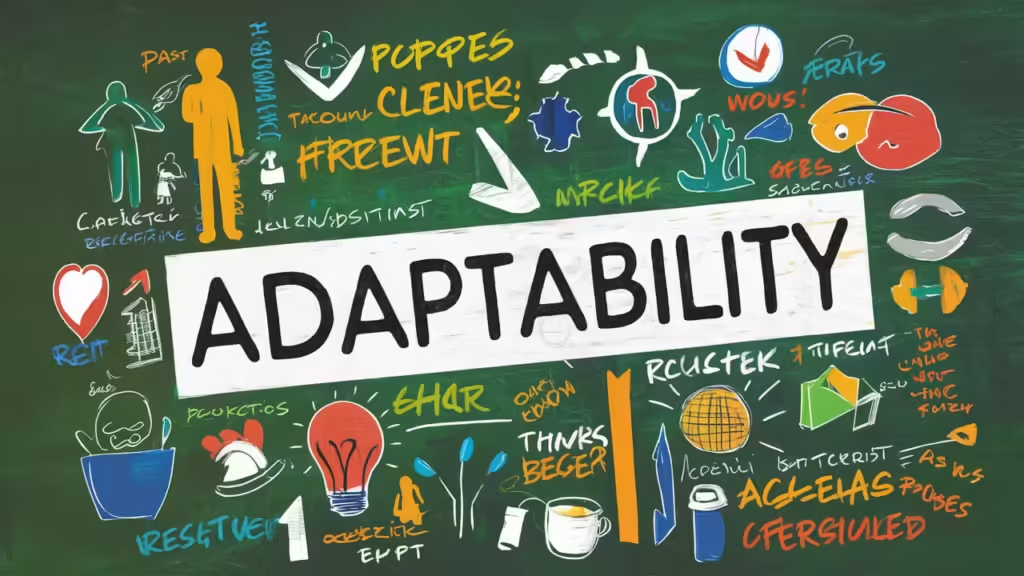
Adaptability in the Workplace
In today’s dynamic work environment, adaptability is highly valued by employers. Those who can quickly adapt to changing circumstances are more likely to succeed in their careers. Whether it’s learning new technologies, adjusting to different team dynamics, or pivoting in response to market trends, adaptability is essential for staying competitive. By cultivating a mindset of flexibility and resilience, individuals can thrive in any professional setting.
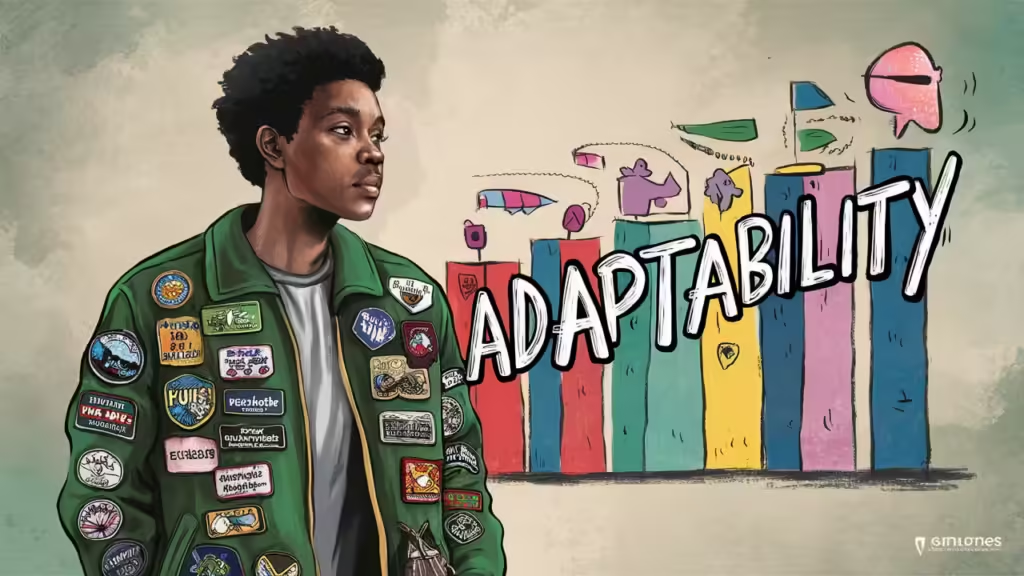
Adaptability in Personal Growth
Personal growth often requires stepping outside of one’s comfort zone and embracing change. Adaptable individuals understand that failure is a natural part of the learning process and use setbacks as opportunities for growth. By cultivating a growth mindset, they continuously seek out new experiences and challenges, pushing themselves to reach their full potential.
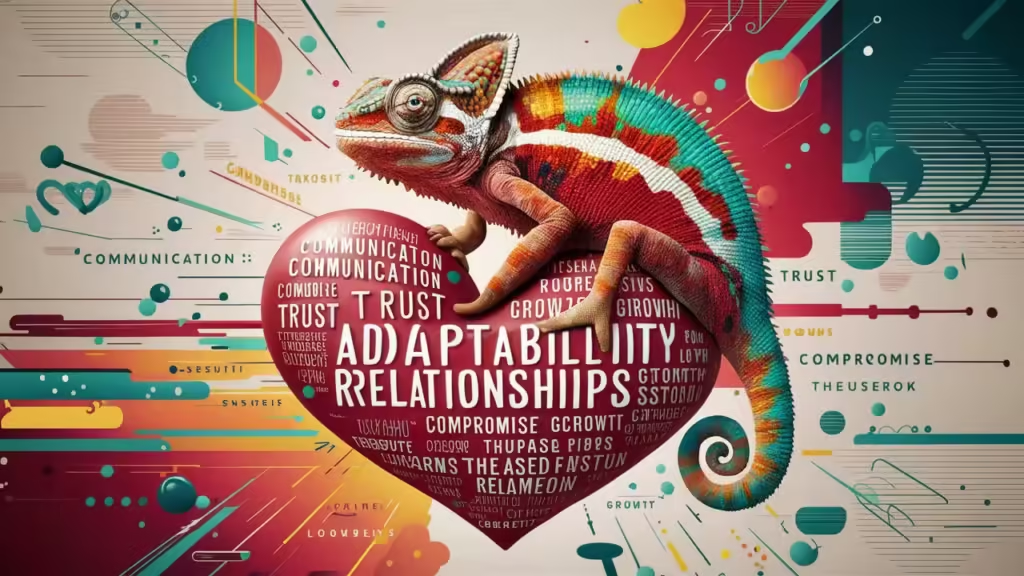
Adaptability in Relationships
Adaptability plays a crucial role in maintaining healthy relationships. Whether it’s with friends, family, or romantic partners, being able to adapt to different communication styles and navigate conflicts with grace is essential. Adaptable individuals are also adept at adjusting to life transitions, such as moving to a new city or starting a family, without losing sight of their core values and priorities.

The Role of Adaptability in Overcoming Challenges
Life is full of unexpected twists and turns, and adaptability is the key to overcoming challenges. Adaptable individuals excel at thinking on their feet and finding creative solutions to problems. Instead of becoming overwhelmed by adversity, they see it as an opportunity for growth and transformation. By embracing change and remaining flexible, they can navigate even the most daunting obstacles with ease.

How to Improve Adaptability Skills
Fortunately, adaptability is a skill that can be developed over time. By seeking out new experiences, stepping out of comfort zones, and practicing mindfulness and self-awareness, individuals can enhance their adaptability skills. Embracing change as a natural part of life and approaching challenges with a positive attitude are also effective strategies for fostering adaptability.
Conclusion
In today’s fast-paced and ever-changing world, adaptability is more important than ever. By cultivating a mindset of flexibility, resilience, and open-mindedness, individuals can navigate life’s challenges with confidence and grace. Embracing change as an opportunity for growth and learning, they can thrive in any situation and achieve their goals.
FAQs (Frequently Asked Questions)
1. Is adaptability a natural trait, or can it be learned? Adaptability is a combination of inherent traits and learned skills. While some people may naturally possess a greater capacity for adaptability, it is a skill that can be developed through practice and experience.
2. How can I become more adaptable in my personal life? To become more adaptable in your personal life, try stepping out of your comfort zone regularly, seeking out new experiences, and embracing change as a natural part of life. Practicing mindfulness and self-awareness can also help you become more flexible and resilient.
3. Why is adaptability important in the workplace? Adaptability is important in the workplace because it allows individuals to respond effectively to changing circumstances and thrive in dynamic environments. Employers value adaptability because it enables employees to stay competitive and resilient in the face of challenges.
4. Can adaptability be taught in educational settings? Yes, adaptability can be taught in educational settings through experiential learning, problem-solving activities, and exposure to diverse perspectives. Encouraging students to embrace change and take risks can help them develop adaptability skills from a young age.
5. How can I demonstrate adaptability in a job interview? You can demonstrate adaptability in a job interview by sharing examples of times when you successfully navigated change or overcame challenges in previous roles. Highlight your ability to learn quickly, think on your feet, and adapt to new situations with confidence and grace.

